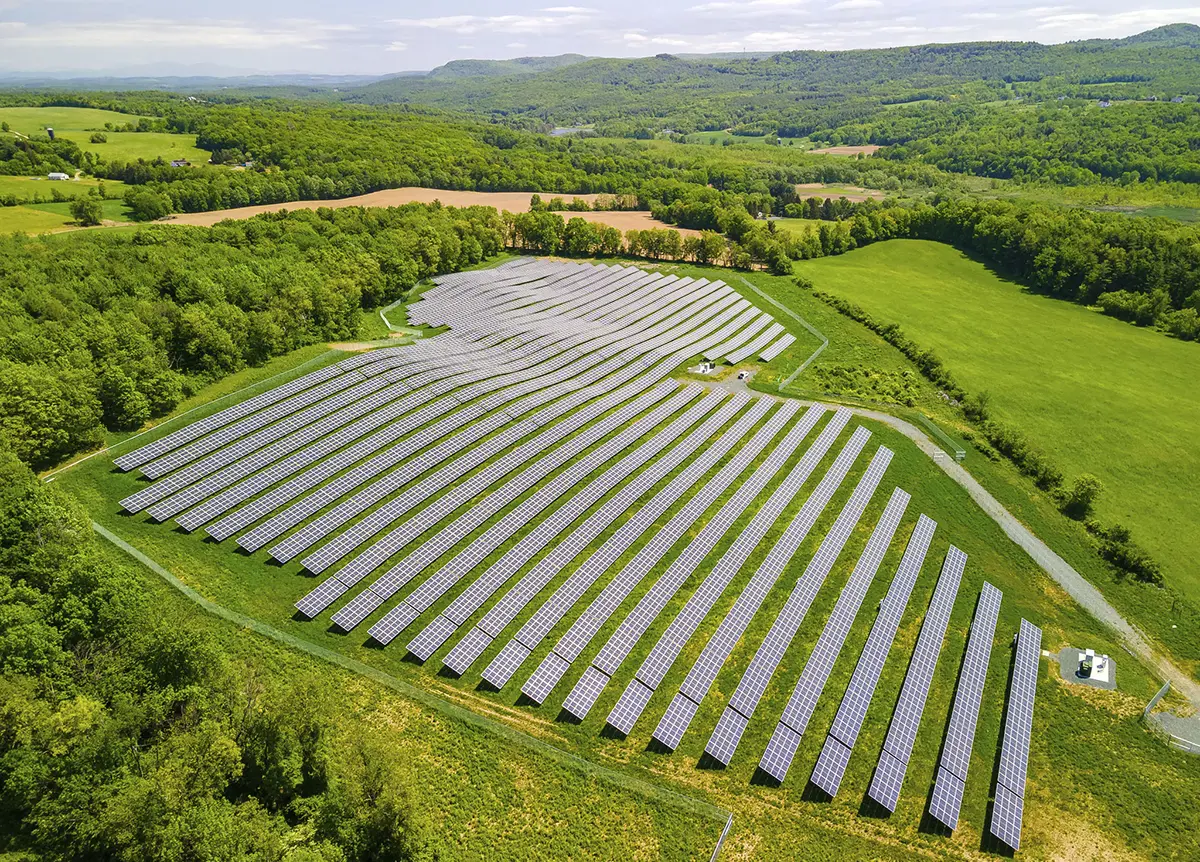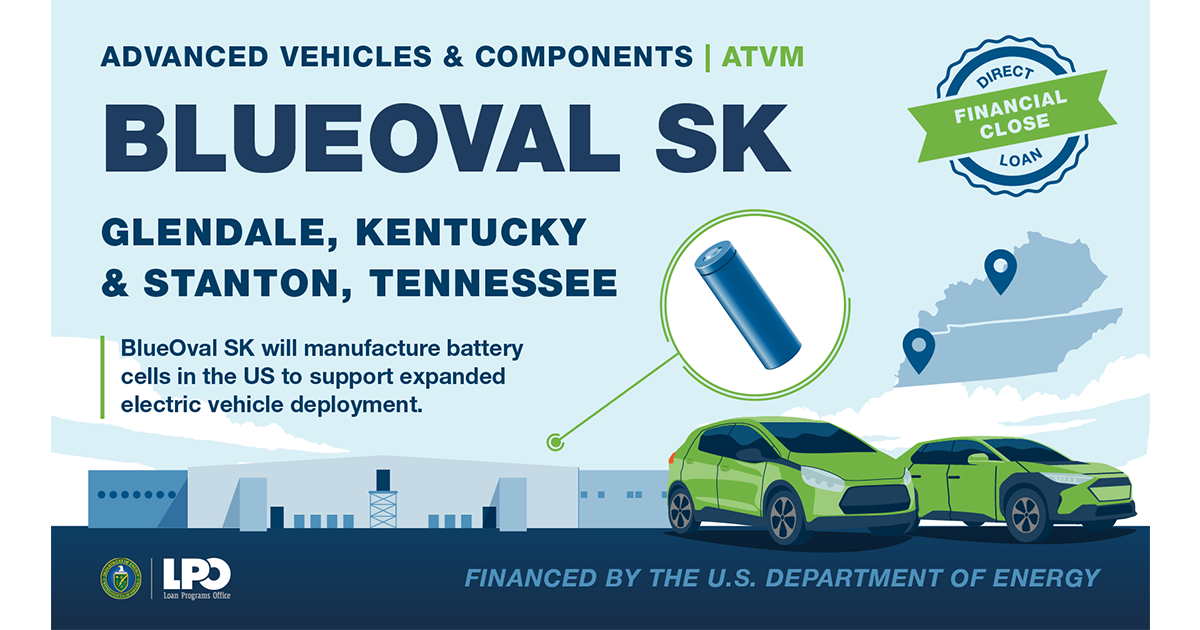
Baker Hughes, UC Berkeley Establish Global Decarbonization Research Institute
Institute Will Connect Academic Research With Commercial Innovation

Baker Hughes and the University of California, Berkeley (UC Berkeley) have announced a new long-term research partnership to establish the Baker Hughes Institute for Decarbonization Materials at UC Berkeley’s College of Chemistry. The institute will connect academic research with commercial innovation to accelerate the deployment and scaling of climate technology solutions that drive sustainable energy development.
As part of the agreement, Baker Hughes will fund collaborative research to develop next-generation materials for a range of energy and industrial applications, including carbon capture, utilization, and storage (CCUS), hydrogen, and clean power generation, among others. Baker Hughes will be involved from the earliest stages of research to shape the programs based on evolving market and customer needs, as any discoveries may potentially be scaled across the company’s portfolio of climate technology solutions.
“Innovation, collaboration, and partnership are critical to building the diversified portfolio of technology solutions necessary to meet the energy demands of today and tomorrow. Partnering with UC Berkeley’s College of Chemistry is an important step forward in our commitment to sustainable energy development,” said Chris Pin Harry, vice president of technology, industrial & energy technology (IET) at Baker Hughes.
The institute will be led by C. Judson King, professor, and UC Berkeley professor of chemistry Jeffrey Long, a globally recognized material’s expert who pioneered the use of metal-organic frameworks (MOFs) for adsorbing carbon dioxide and other molecules from industrial emissions streams. Baker Hughes’ funding will support Berkeley researchers, with expertise in materials development and discovery, computational chemistry, advanced characterization, process engineering, and techno economics.
Initial research projects will focus on advanced material design, including creating and testing new chemical structures like MOFs, as well as developing gas separation and chemical conversion systems. Additionally, the projects will leverage artificial intelligence and machine learning to accelerate the discovery and development of improved materials and new technology solutions.
“Our aim is to make materials that not only adsorb gases more efficiently, but also without high energy requirements,” said Long. “As chemists, we know how to adjust materials at the atomic level, but we need partners like Baker Hughes who can scale and industrialize the technology. Lowering emissions is an urgent task, and I am confident that together, we can make scalable, commercially relevant materials that can quickly hit the market and make a difference.”
The partnership builds on Baker Hughes’ wider development of climate technologies, including its work in CCUS with Mosaic Materials direct air capture technology. Acquired by Baker Hughes in 2022, Mosaic Materials was born out of Professor Long’s lab at UC Berkeley, and pilot units are currently being tested to accelerate deployment at commercial scale.











